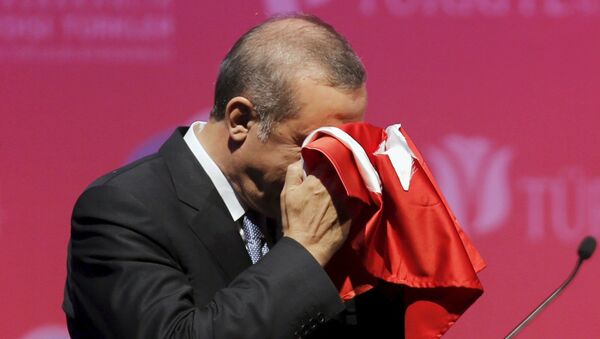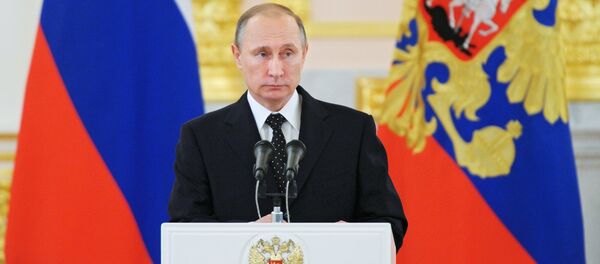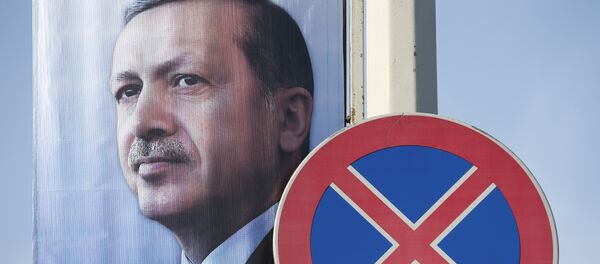Russia is Turkey’s second-largest trade partner, after Germany. In turn, Turkey accounts only for four percent (4.9 percent in exports, and 2.3 percent in imports) in Russia’s total foreign trade.
Despite the fact that Russia’s exports to Turkey by value surpass imports ($15 billion against $3 billion), Turkey sells Russia a wide range of products, including fruits and vegetables as well as machines and their parts.
For instance, last year Russia purchased Turkish-assembled cars (many foreign brands have assembling facilities in Turkey) worth $794 million. What is more, Turkey’s annual income from Russian tourists is estimated at $10 billion, according to the Russian Tourism Agency. Other incomes come from the so-called shuttle trade, money transfers and Turkish construction businesses in Russia.
Now, Turkey is likely to lose most of this revenue. In addition, Turkey will also sustain losses from investment restrictions. Over the last eight years, Turkey invested $1.3 billion in Russia, plus $120 million in the first quarter of 2015.
Turkey has invested much in the production of auto parts in Russia. Traditionally, Turkish construction companies have been significant players in the Russian market.
Partial withdrawal of Turkish companies from Russia would pave the way for Russian developers, he added.
"Restrictions on hiring Turkish citizens by Russian companies will give a chance for employment to residents from Belarus, Armenia, Kazakhstan and Kyrgyzstan," he said.
What is more, Turkish companies run a wide range of other businesses in Russia, including tourism, banking, beer manufacturing, and clothing retail. In 2014, Turkey exported to Russia textile products worth $762.8 million.
"If Russia fully implements its plan of sanctions against Turkey Ankara may lose $2.5-3 billion or nearly one percent of its GDP," expert Alexander Shirov from the Russian Academy of Sciences said.




